What is the difference between extra-virgin olive oil (EVOO) and olive oil?
EVOO comes from an unrefined “cold” pressing of the olive, without heat or chemicals. It is naturally richer in vitamins, minerals and phytochemicals, and it has a low oleic-acid (free fatty acid) content. Its aroma is more robust, and its hue is a vivid green or gold. The taste can be described as fruity, with distinctive, spicy black-pepper notes.
Given the complexity of sensations and a relatively low smoke point, EVOO is usually used in salad dressings or for finishing a hot or cold dish with a drizzle or two. But it’s fine to use for baking or a quick sauté.
In comparison, pure or light olive oil undergoes a refined, heat-treated and chemically extracted pressing. The processing increases oleic-acid content, decreases health benefits, and sacrifices aroma, color and taste. However, its smoke point is much higher, so it can be used as an all-purpose vegetable oil for cooking. In other words, it’s an easy plant-based substitute for baking and cooking.
Chef Adam Sacks is a chef instructor and sports dietitian at Johnson & Wales’ College of Culinary Arts in Denver, where he specializes in therapeutic/functional, plant-based and high-performance cuisines. He has also cooked for top-level athletes at two Olympic Games. Visit his Instagram @JWU_vegcuisine.
Have a cooking-related question? We have chefs who can help!
Send your questions to editor@livenaturallymagazine.com.

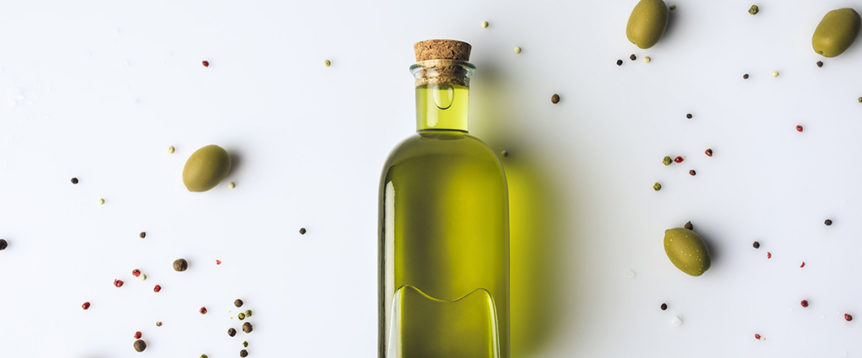

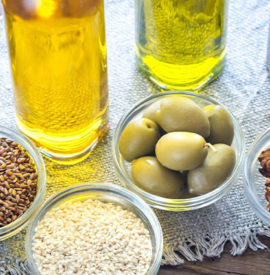

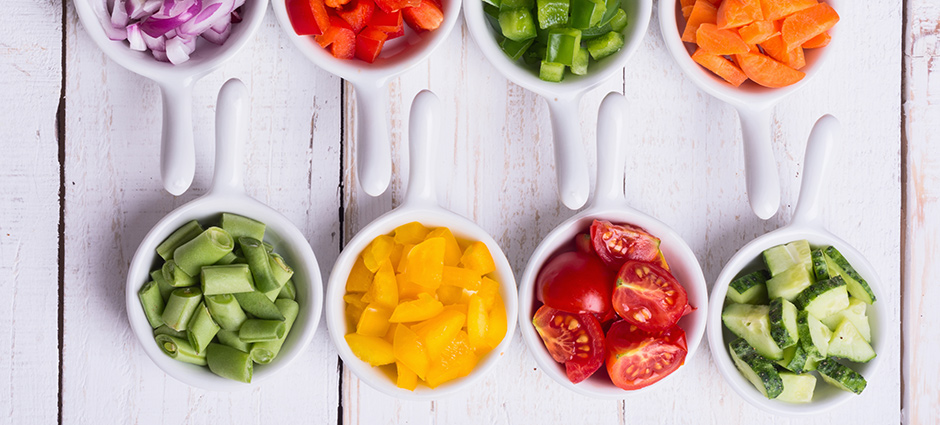

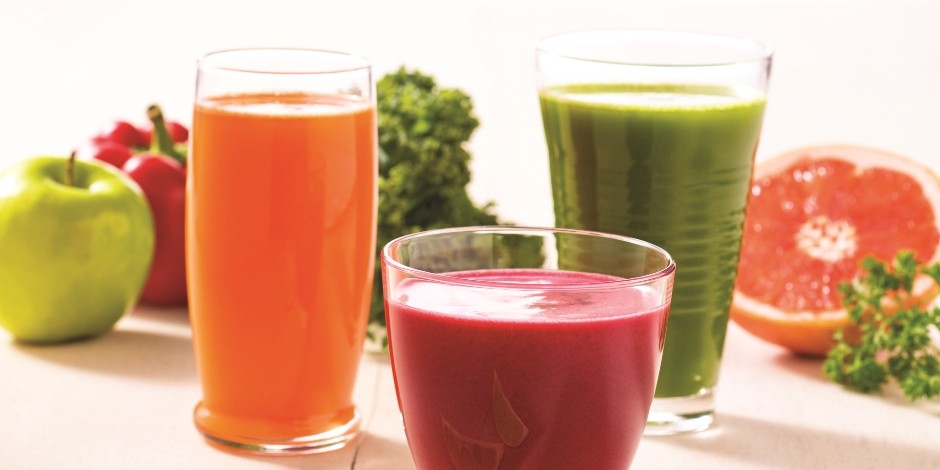
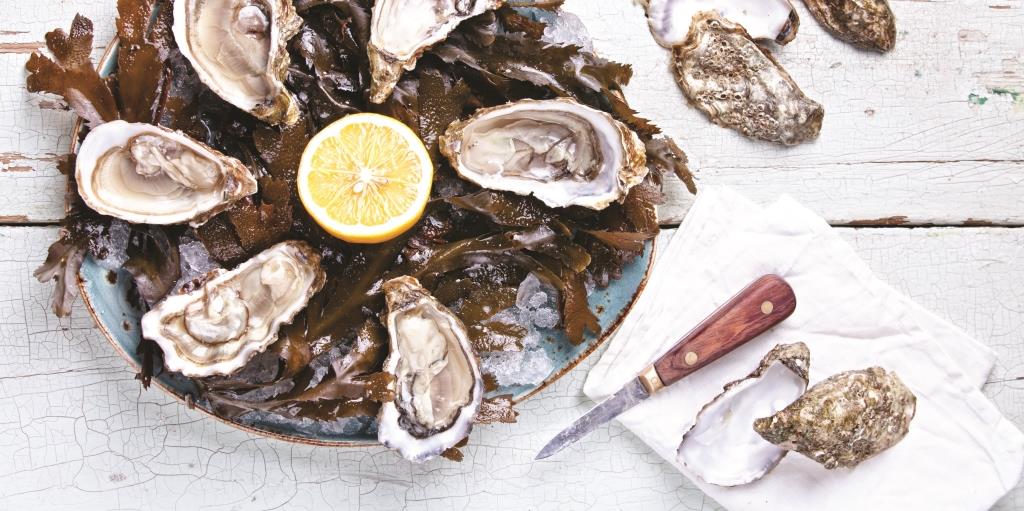

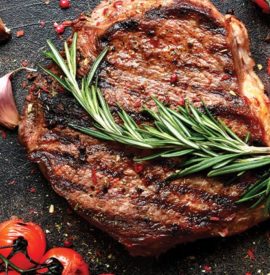
Comments